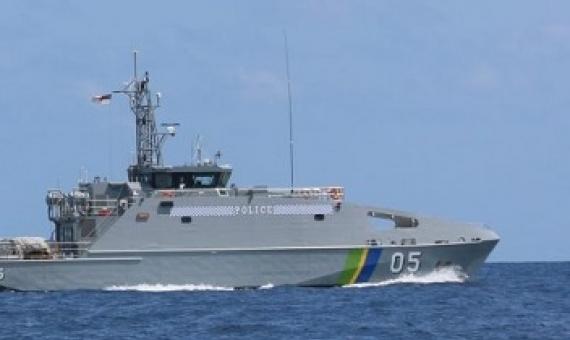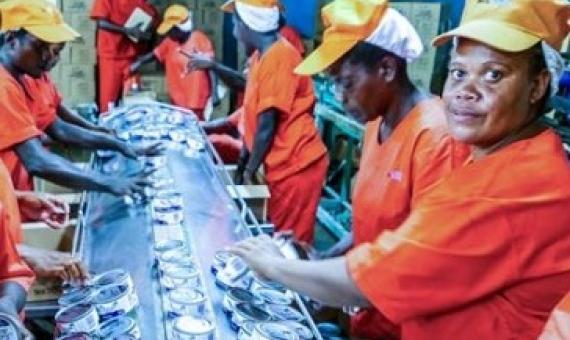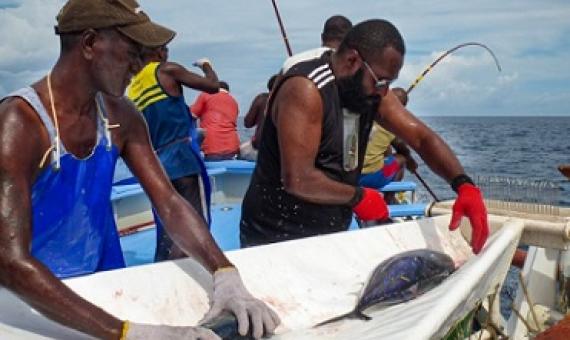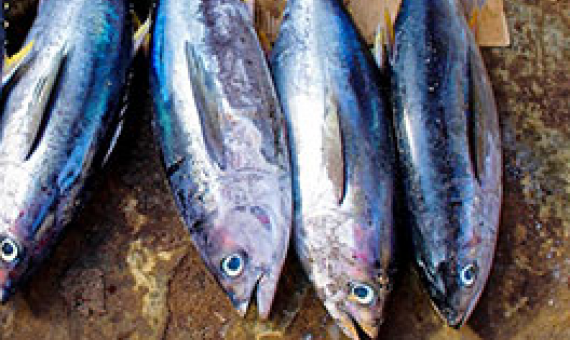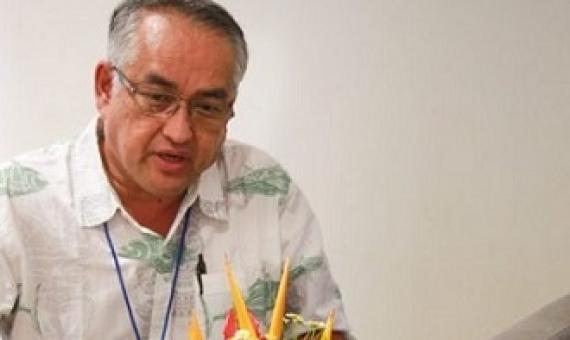On Friday the Pacific Island Forum Fisheries Agency (FFA) closes the two-week fisheries surveillance activity, Operation Rai Balang 2020. The operation is unprecedented in achieving maritime surveillance across 14.1million square kilometres, including 108 sighting and 24 boardings, during t
Small changes are slowly resulting in opportunities for women to take up a wider range of jobs in the tuna fisheries. However, researchers have found that most of the options for women remain limited along traditional gender lines.
More than 16,600 tuna were tagged in a recent scientific tagging expedition in ocean generally north of Papua New Guinea. The voyage targeted skipjack tuna, which makes up 70% of the volume of tuna caught in the Western and Central Pacific Ocean (WCPO).
The Western and Central Pacific Fisheries Commission (WCPFC) is taking a step towards prioritising climate-change considerations in its policy.
The 24 countries and territories of the Pacific are united behind a call for a Climate Change resolution to come out of the 16th meeting of the Western Central Pacific Fisheries Commission (WCPFC16) taking place in Papua New Guinea...“The [FFA] membership are calling for strong action by the Tuna
The Pacific Island Forum Fisheries Agency (FFA) lead Operation Kurukuru is one of the largest maritime surveillance operations globally covering an area the land size of Russia, India and Egypt combined.
The 14 member states of the Oceanic Fisheries Management Project (OFMPII) gathered on Tuesday to plan for the final year of the Forum Fisheries Agency (FFA) initiative.
Media personnel in Papua New Guinea now have a better understanding of the significance and value of tuna fisheries after three days of a fisheries-related media workshop...The workshop was an initiative between the Pacific Islands Forum Fisheries Agency (FFA), under the Pacific European Union Ma
FFA was established in 1977 when Pacific Island Forum leaders decided to establish a South Pacific Forum Fisheries Agency open to all Forum members and all countries in the region ‘who support the sovereign rights of the coastal states to conserve and manage living resources’ including highly mig


